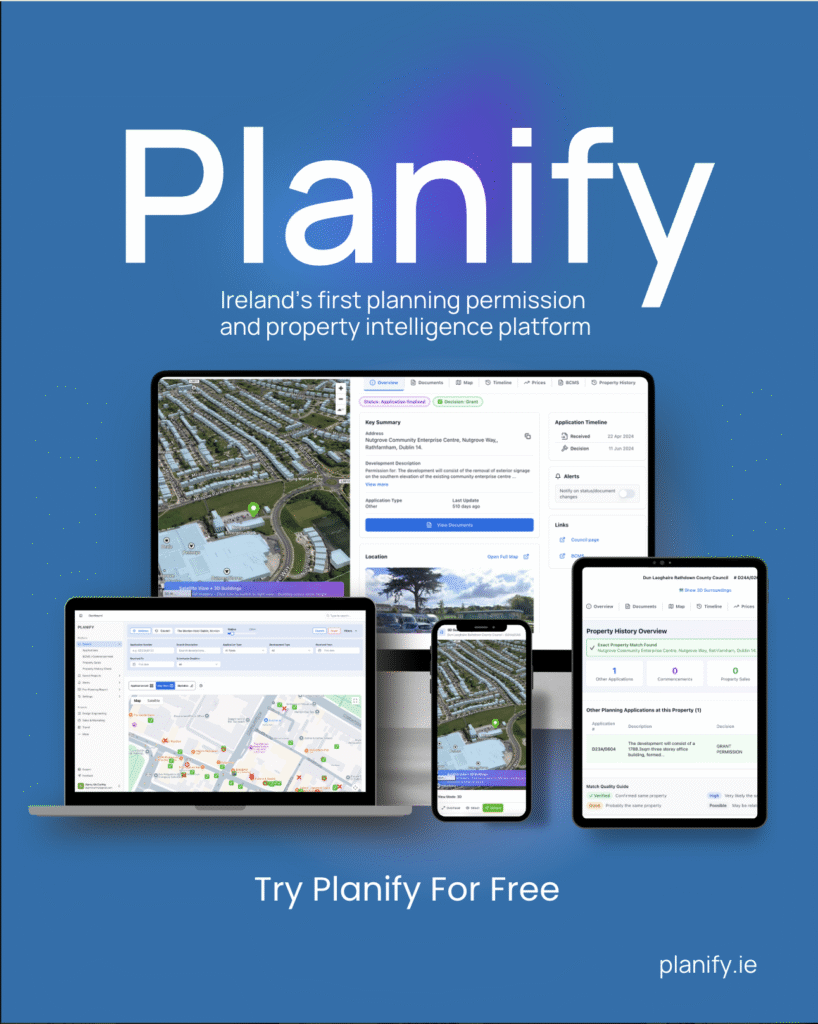Understanding State Spending on Housing in Ireland: An In-depth Analysis
The State’s expenditure on housing in Ireland is a crucial aspect of budget allocations, with various forms of support contributing to a significant portion of the annual budget. This article delves into the complexities of State spending on housing, highlighting the growth in investment, the challenges faced in addressing social housing needs, and the evolving strategies to provide affordable homes. Additionally, it explores the impact of tax breaks and incentives on the housing market, shedding light on the different avenues through which the State supports housing initiatives.
State Investment in Housing:
The total State investment in housing in the current year exceeds €5 billion, reflecting a substantial increase driven by the pressing need to boost home construction. This investment encompasses direct spending by the State, local authorities, and approved housing bodies, as well as initiatives like the Land Development Agency (LDA) and the Housing Finance Agency (HFA). While some investments are structured as loans, they are underwritten by the State, underscoring the government’s deep involvement in housing initiatives at various levels.
Current Expenditure on Social Housing:
With social housing demands on the rise, the State allocates approximately €1.5 billion for current expenditure, a significant portion of which is dedicated to social housing provision. The sale of local authority homes to long-term tenants has contributed to the surge in spending, necessitating alternative approaches to meet the growing housing needs. Programs like the Housing Assistance Payment (HAP) and the Rental Accommodation Scheme (RAS) play a vital role in providing affordable housing solutions by subsidising rents paid to private landlords.
Addressing Homelessness:
The escalating issue of homelessness has prompted increased spending on emergency accommodation and support services, with €242 million allocated this year. Initiatives like the Housing First program aim to provide stable housing for long-term homeless individuals without imposing conditions, accompanied by comprehensive support services. Additionally, funds are earmarked for specific housing needs, including Traveller-specific accommodation, energy retrofitting, and housing for individuals with disabilities or older people.
Tax Breaks and Incentives:
Tax reliefs and incentives form a critical component of State interventions in the housing market, impacting both buyers and landlords. Schemes like Help-to-Buy and the First Home Scheme provide financial support to first-time buyers, while initiatives such as the renters’ tax relief and the landlords’ credit aim to stimulate the rental market. The extension of waivers on development levies and connection charges further influences the affordability and accessibility of housing for buyers and developers.
Regulatory Measures and Oversight:
Ensuring a fair and efficient housing system necessitates regulatory oversight, reflected in allocations for agencies like the Residential Tenancies Board (RTB) and resources for rented accommodation inspections. Public funding is also designated for housing and sustainable communities, as well as regulatory bodies overseeing approved housing bodies (AHBs). The State’s role in regulating the housing sector is integral to maintaining standards and addressing housing challenges effectively.
Looking Ahead:
The forthcoming report of the Commission on Housing will provide insights into the effectiveness and efficiency of current State spending on housing, offering recommendations for future strategies. With significant resources at stake and mounting political pressure to address housing issues, the outcomes of this report will shape the housing policy landscape and influence the discourse leading up to the next general election.
In conclusion, the intricate interplay of State investment, current expenditure, tax incentives, and regulatory measures underscores the multifaceted approach to addressing housing needs in Ireland. As challenges persist and demands evolve, the State’s commitment to housing remains a pivotal aspect of social and economic policy, with ongoing initiatives shaping the future of housing provision in the country.







